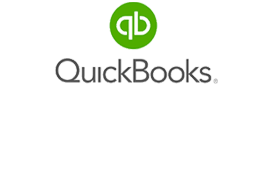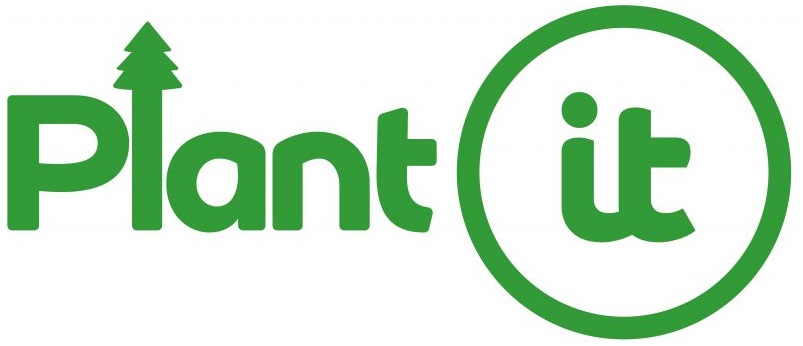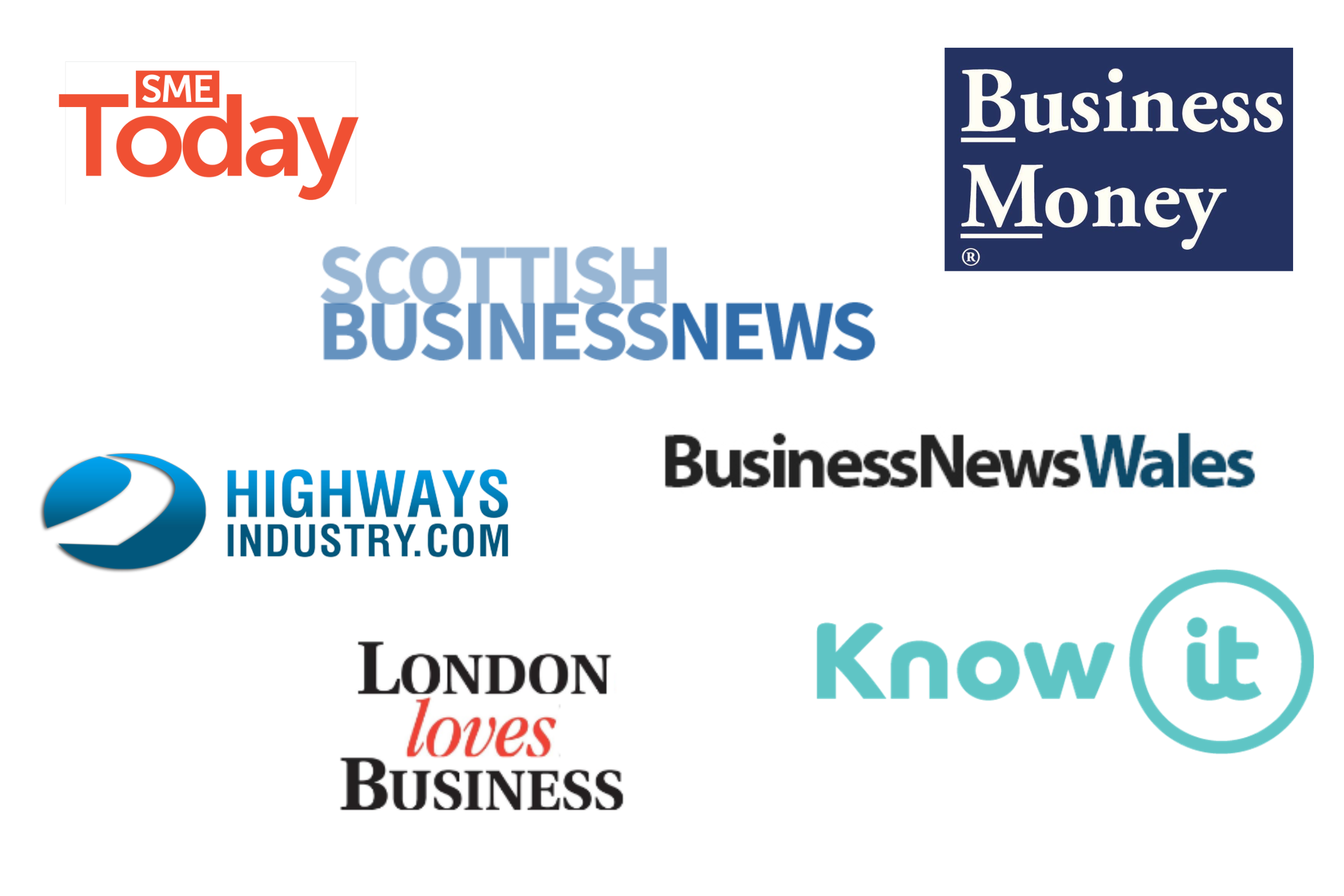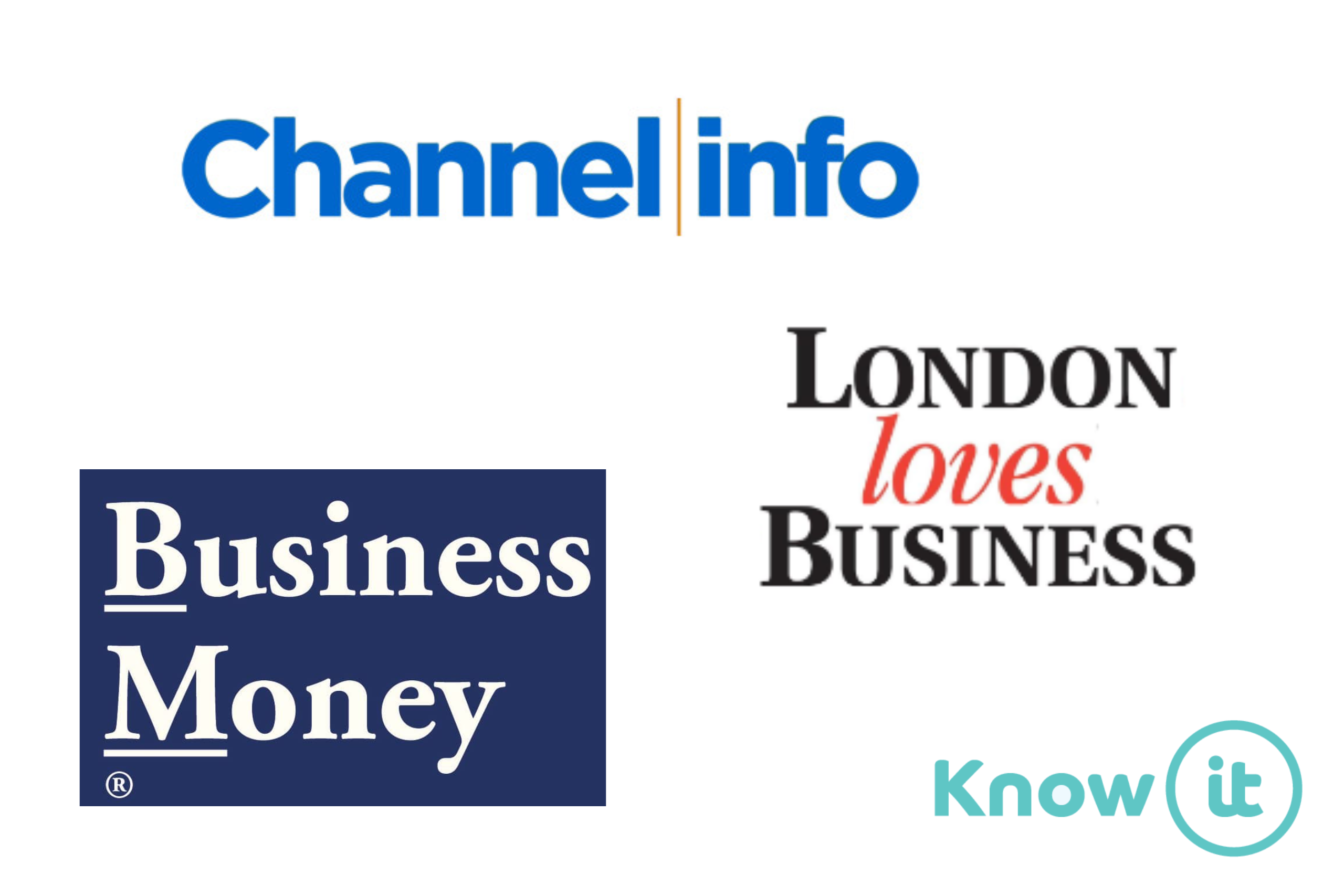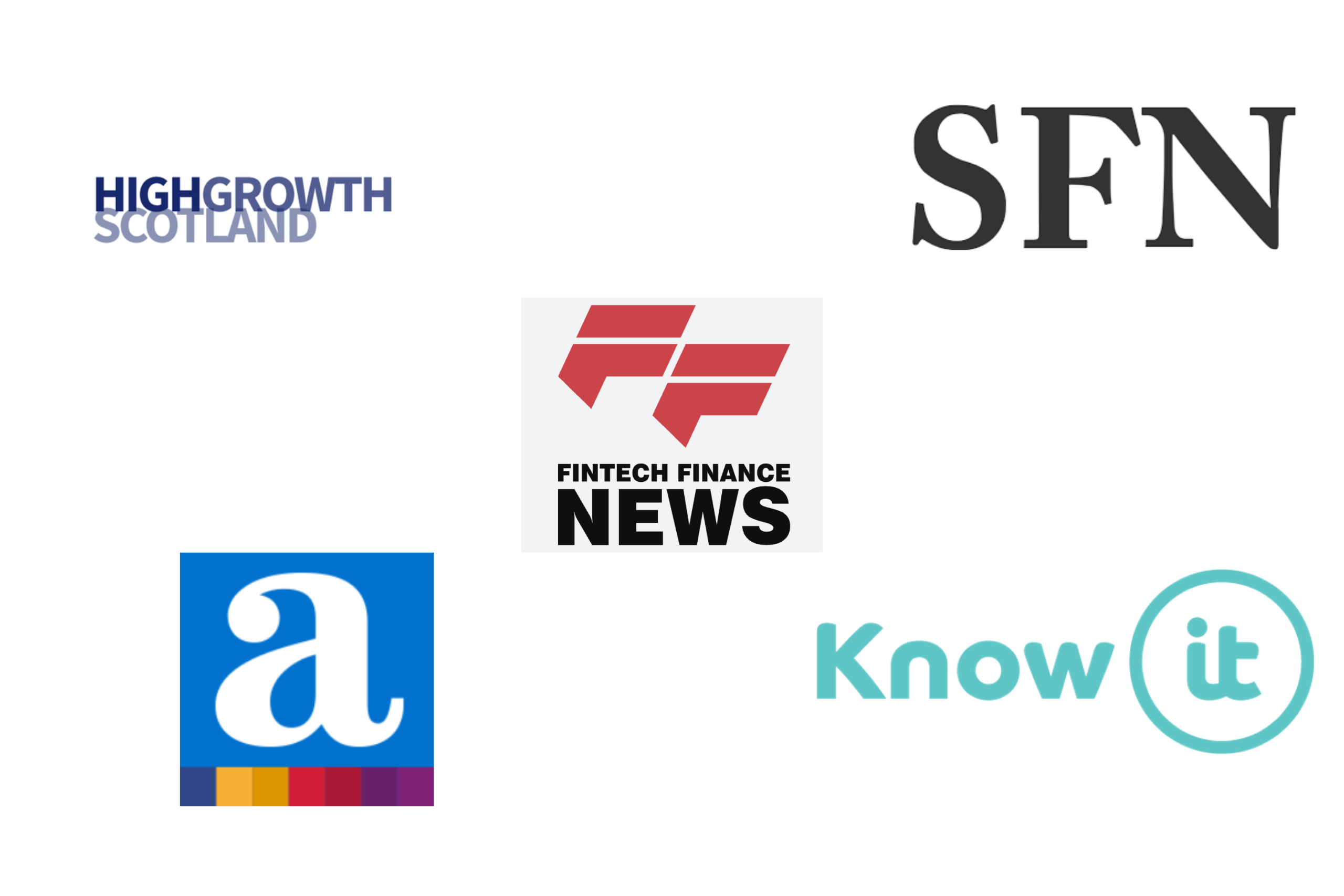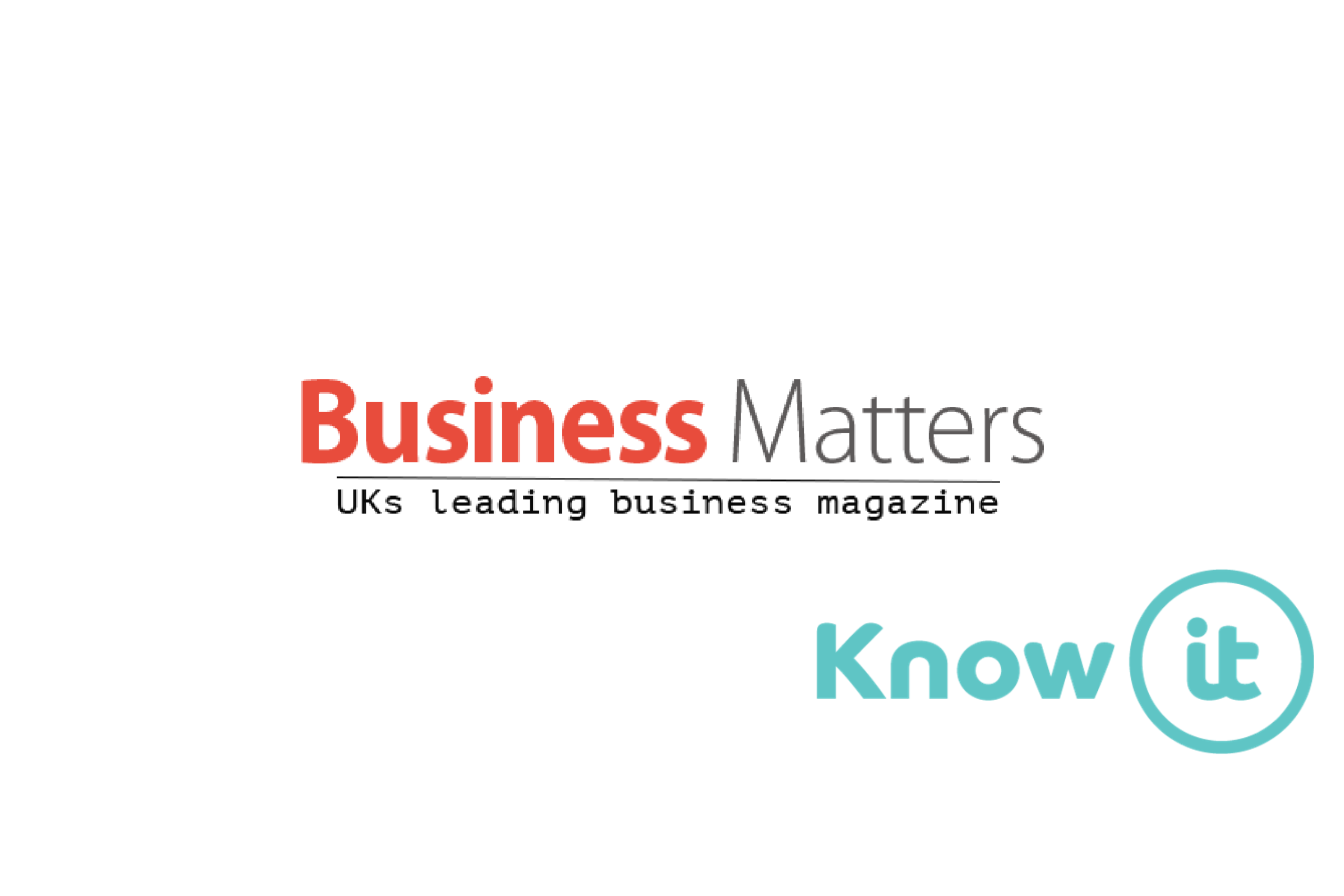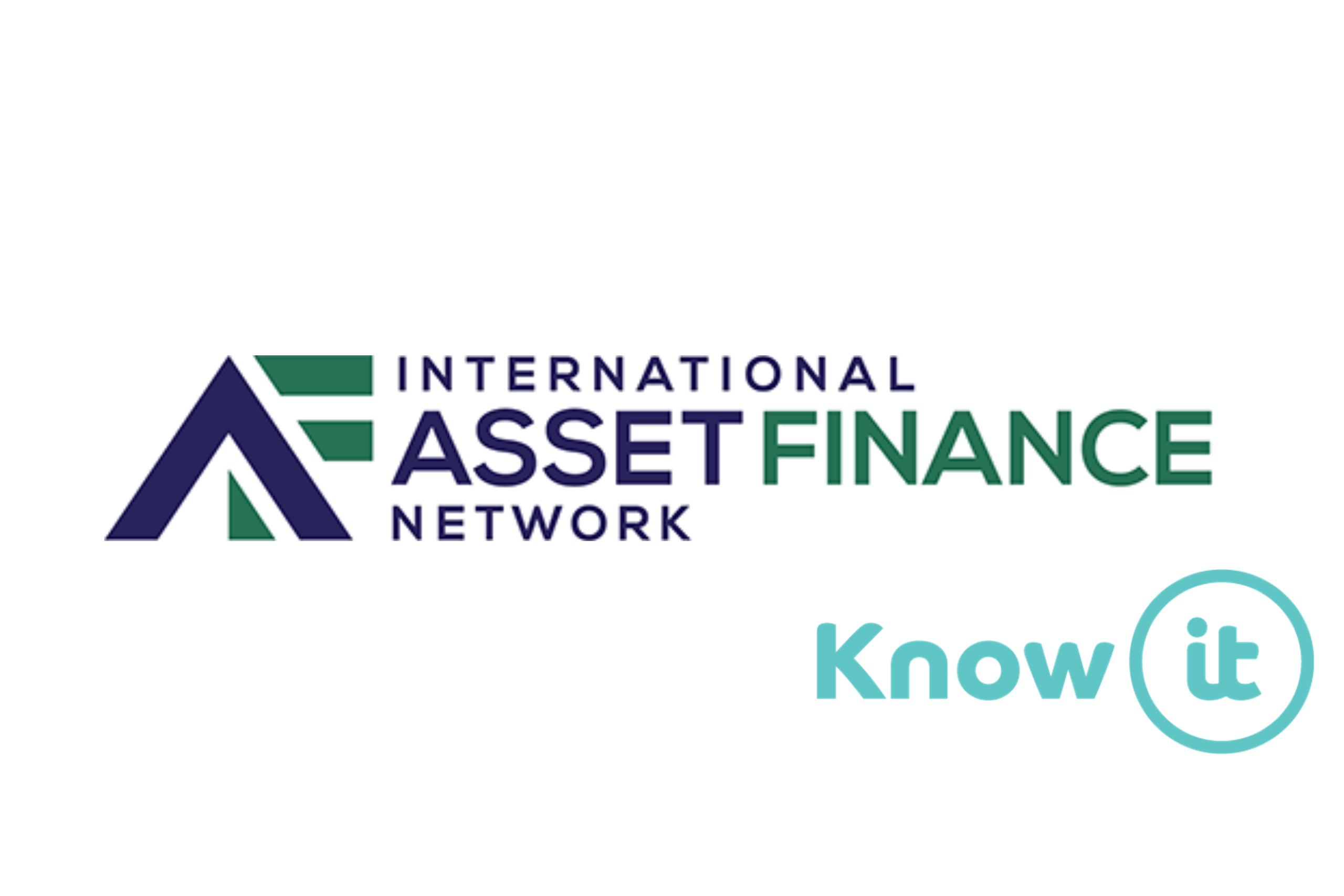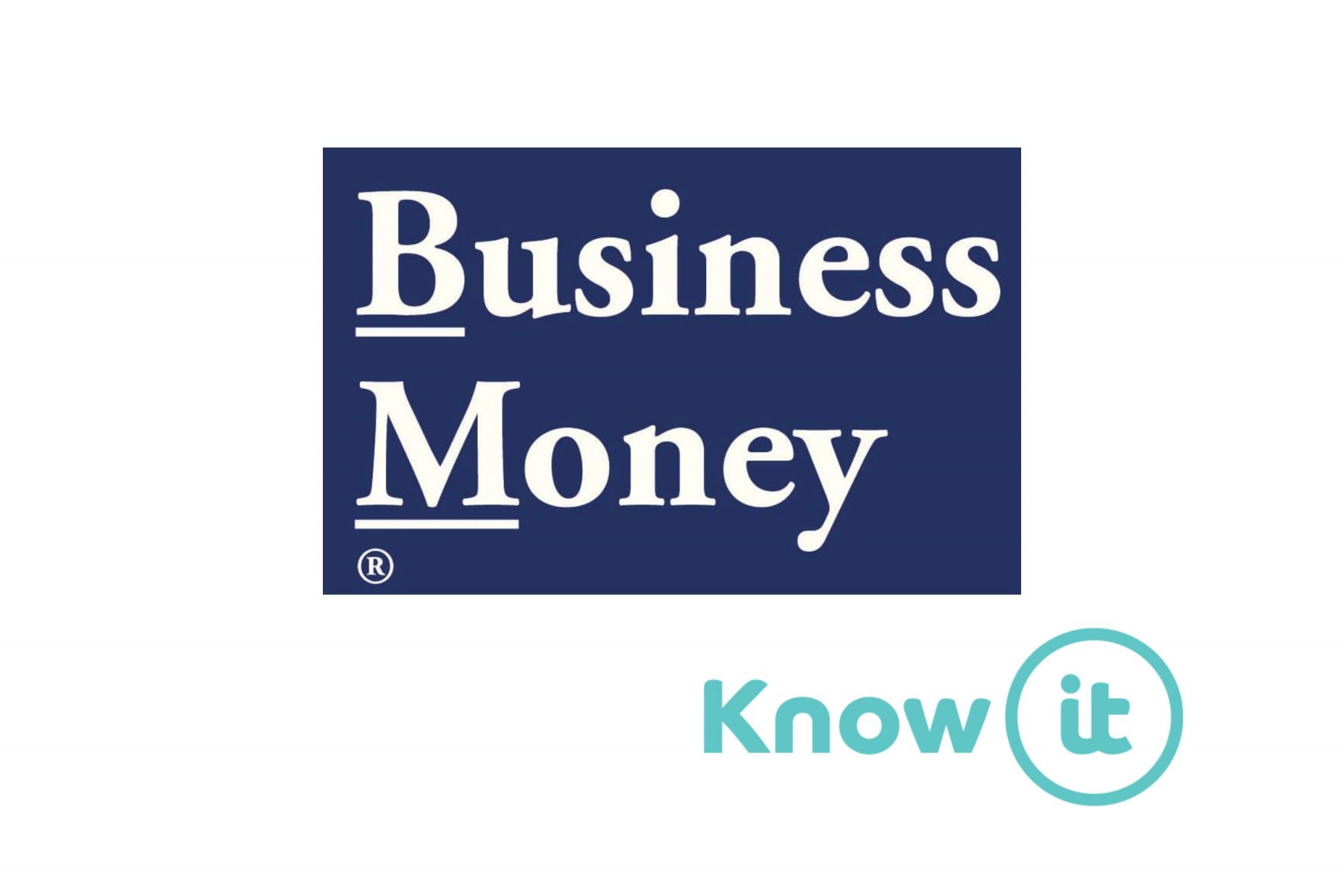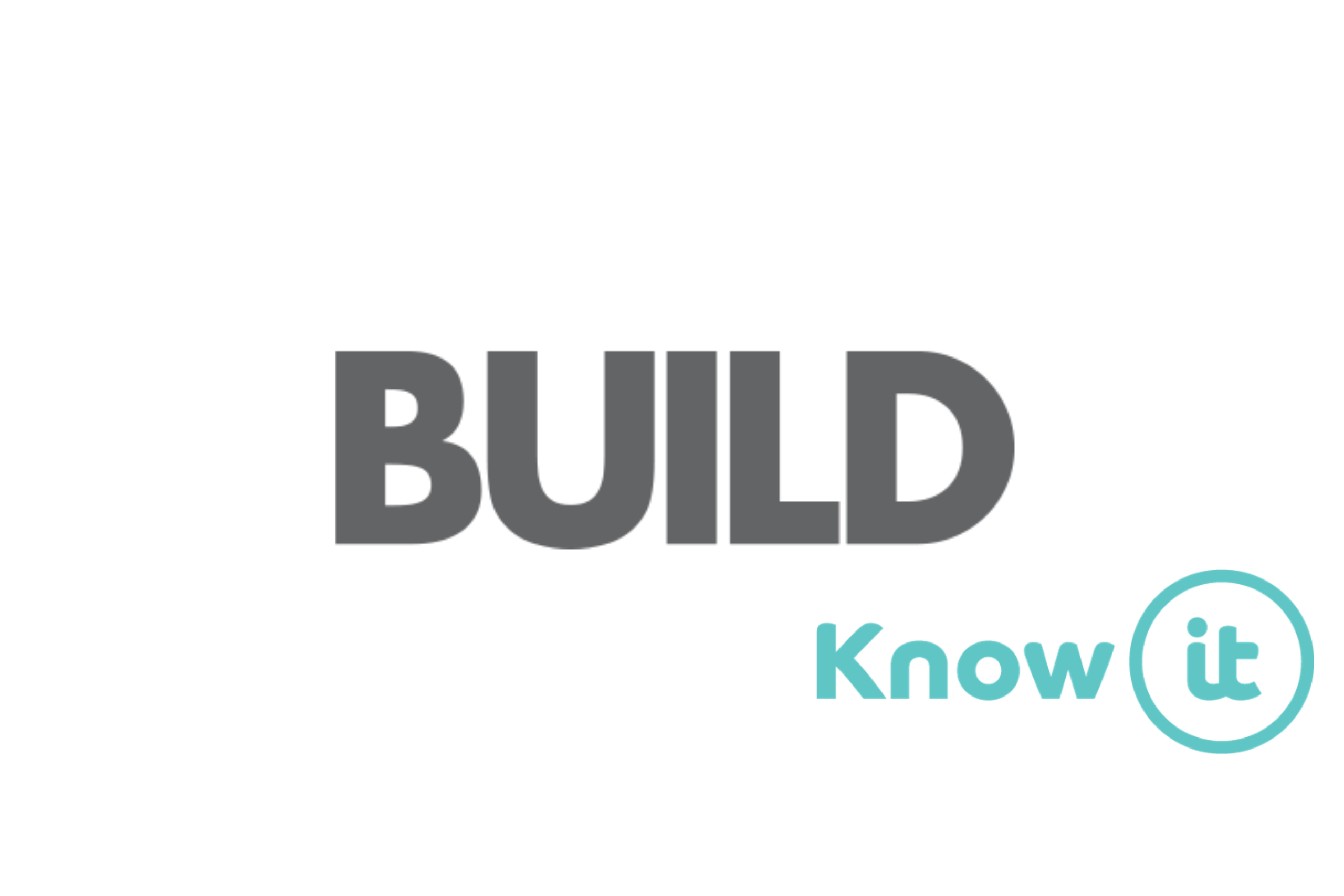The Impact of Inflation and Rising Interest Rates on Your Business Cashflow
With the Bank of England increasing interest rates for the second time in as many months in March this year to counter-act the effects of inflation, you’ll likely see weaker cashflow in your business.
Interest rates now sit at 0.75%, the fastest rise in a decade. So why have they increased so rapidly?
Inflation has been the biggest factor. Inflation is currently three times the Bank of England’s target, reaching 6.2% this year, the highest they’ve been in 30 years.
Interest rates have been hiked this year since recent variants of covid-19 haven’t had as much of an effect on economic growth as many expected.
The hike in interest rates and the impact of inflation will be felt by businesses across the UK. By understanding the effects coming your way you’ll be able to mitigate their impact on your business’ cashflow.
Purchasing materials
The cost of raw materials will continue to rise throughout the year as suppliers pass their own increased costs onto you.
Something to keep in mind is if you have already agreed a project and agreed costs, a rise in cost of materials will cut into your mark-up which will have an adverse impact on your cashflow.
Importing & exporting due to changes in the value of GBP (£)
Rising interest rates show confidence in the British Pound, which sees the currency gain strength and increasing its value.
If you import goods this is great news for you as you’ll be able to purchase materials at a cheaper rate, eliminating one less obstacle for a healthy cashflow.
A strong pound could adversely affect sales you make abroad if you export goods, as it will be more expensive for your international buyers who may then decide to look elsewhere for more favourable costs. With this in mind, it would be wise to have a contingency plan in place for a dip in international orders.
Business funding
As interest rates rise we can expect to see a reduction in lending from banks and financial institutions as repayments will increase which increases the risk of defaults.
This can be a challenge to businesses accessing cash needed for growth or for a cashflow emergency and will make loans they can secure more expensive to pay back unless interest rates come back down.
Outstanding loans
Any outstanding loans will be more expensive to pay back in line with the interest rate. As rates rise so will outstanding loan repayments.
Businesses who rely on loans to stay solvent could only be repaying interest of the loan, meaning the outstanding balance never reduces. Not a situation any business wants to find themselves in!
Late Payment Interest
Late payment interest is something very few firms are taking advantage of, with many leaving money on the table when collecting payment for late invoices.
The Late Payment of Commercial Debts Act gives you a statutory right to claim interest from other businesses for late commercial payment.
The amount of interest you can charge is 8% plus the Bank of England base rate for business to business transactions, currently 0.75%, so you can legally charge 8.75% of your invoice value as interest if the invoice is paid late.
Higher return on savings
Any cash deposits could see higher returns thanks to interest, which is good news!
The caveat however is the returns will be far lower than the current rate of inflation and especially if we do see inflation rise to 6%.
Combating the effects of inflation and rising interest rates on your business cashflow
The best way you can mitigate the effects of inflation and interest rates is having a healthy cashflow so external factors can’t rock you as much.
Making more informed credit decisions by fully understanding your customers’ payment track-record means you can offer payment terms that are suitable, reducing the risk of your customer defaulting on payment.
If you have outstanding invoices you’re likely sitting on a pile of cash! A whopping one-third of UK businesses aren’t actually chasing late payments, leaving heaps of cash on the table.
Chasing payments can be time-consuming for us but is there anything more pressing in business than recovering cash we’re owed for jobs?!
Know-it automates the complete credit control process, empowering you to credit check and monitor companies, automatically chase late payments and collect overdue invoices in one platform.
This article was first published in the May 2022 issue of Total Installer magazine.












